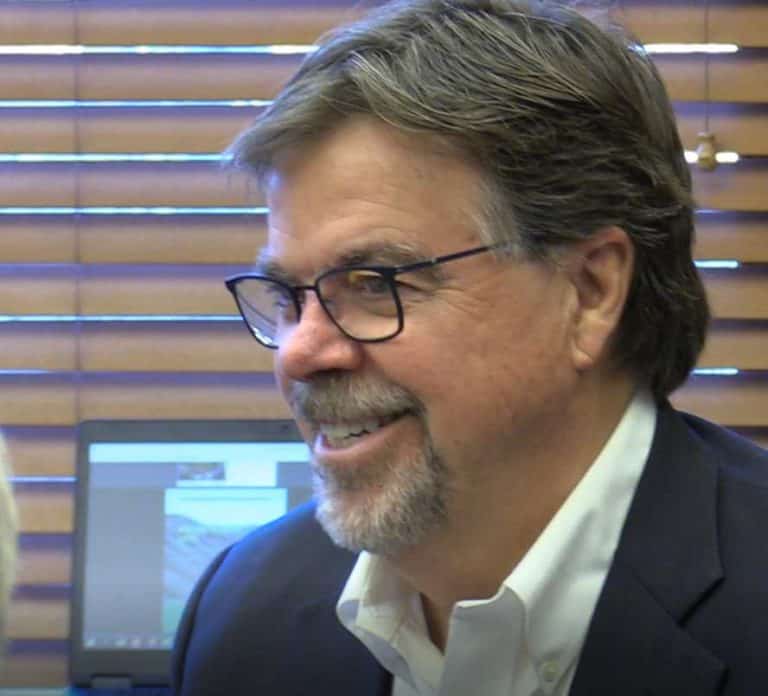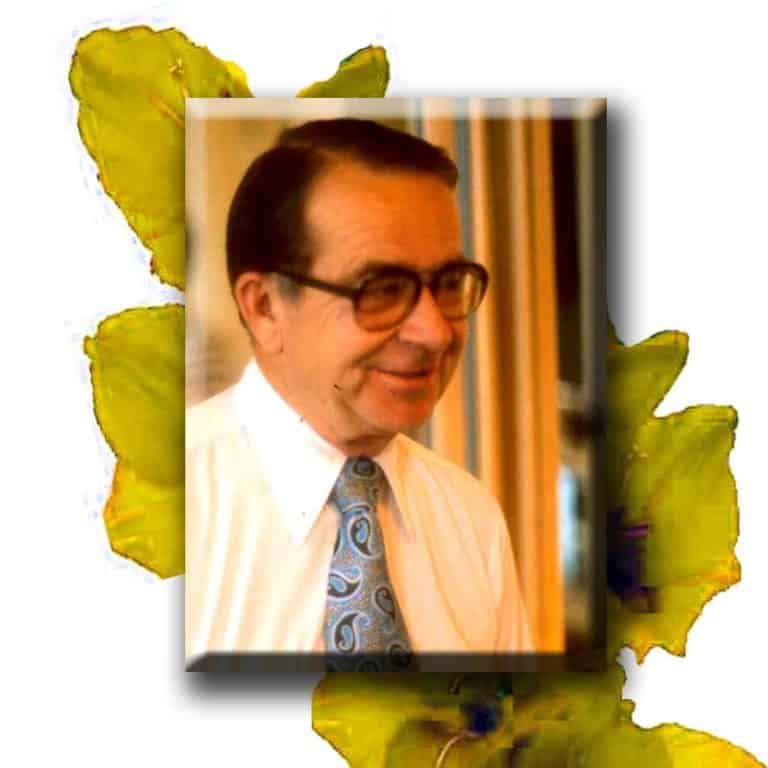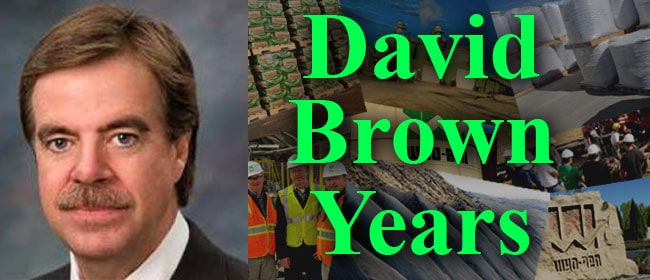A Third Generation Brown
In 1991, David Brown assumed leadership of Wyo-Ben. He had already worked in many capacities at the company. His first temporary employment was at the age of fourteen when he stacked bags of bentonite on pallets ready for shipping. In 1977, with a newly gained MBA from Pacific Lutheran University, he was encouraged to work full-time at the Billings headquarters. Later, he helped secure new and essential markets after Wyo-Ben’s downturn.
His education in business at PLU and his initiation under-fire at Wyo-Ben prepared him for the challenges he would face. But could he lead Wyo-Ben into a new era?


Keith Brown Loses His Battle
One of the early events that David lived through was his father’s death. Keith had been the catalyst behind decades of growth for Wyo-Ben Inc.
David’s dad had already experienced an overwhelming pride in redeeming his company. He got to share the triumph of regenerating life for the corporation that he ran for thirty years. But he finally succumbed to a foe that he could not defeat: ALS. After grappling with this terrible disease, he finally succumbed at his home on February 7, 1994.

A Curve Ball Further Disrupts
The economic plunge of the 80s ironically paralleled Keith Brown’s fight with ALS. Both struggled to stay alive during these eight years. But, unfortunately, only one would ultimately win.
For the company to prevail, key management needed to stay put and help lift it from its trough.
So the board of Wyo-Ben decided to issue non-voting common stock to those individuals if they would help weather the storm. This strategy redeemed the company, and the leadership served to keep Wyo-Ben from drowning in a sea of debt.
But stock issuance also led to imbalance, i.e., ownership percentage versus voting shares percentage. Moreover, it caused a rift as some family members felt this approach had unfairly weakened their ownership.
Rearranging The Chairs
The family (now expanding into third and fourth generations) was wrestling with a common experience of other family-held businesses. One view focuses on the financial success of the individual investor, while another view focuses on the longer-term survival of the company itself.
Succeeding generations did not readily show the same family loyalty that was displayed in the first and second generations. This issue needed resolving. So eleven of Wyo-Ben’s leaders attended a family governance seminar at Northwestern University’s Kellogg School of Business in Illinois that offered solutions for this problem.
Resolving The Issue
There are numerous drawbacks to such corporate conflict including 1) legal expense, 2) possible family acrimony and division, 3) lost company opportunities to invest and expand, 4) a forced change in corporate priorities, and 5) lost executive time for other important duties.
What could initially look like a minor disagreement might transform into a much larger and unwelcome struggle. Especially as future generations appear, these questions are more likely to emerge in any family-run business.
David Brown and the Wyo-Ben Board negotiated and ultimately resolved these uncomfortable and thorny issues.




